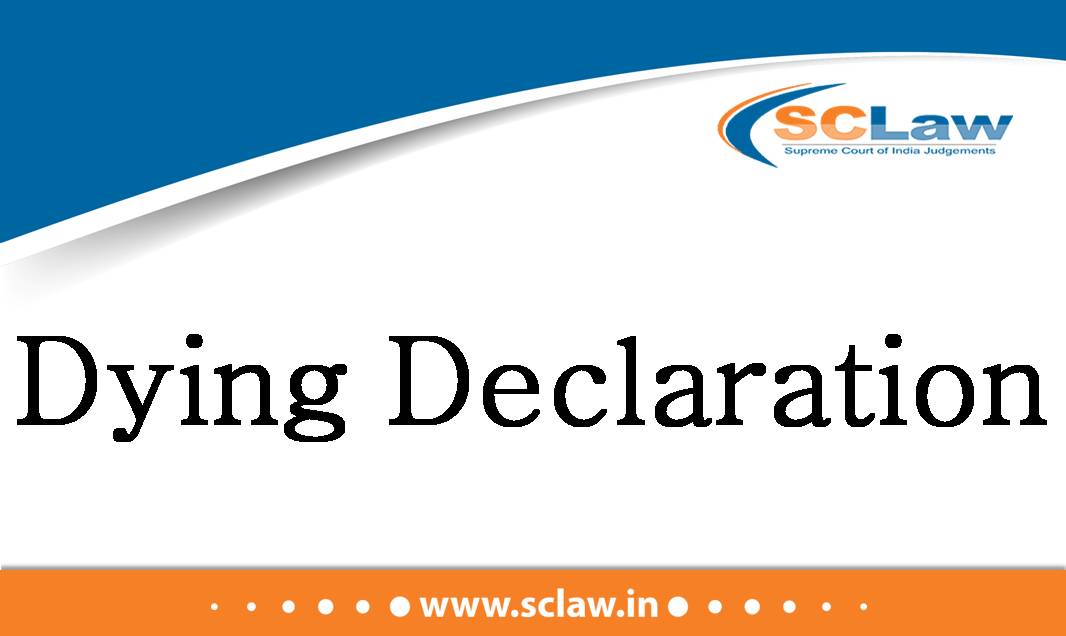Service Law—Physically Handicapped—A person who is physically handicapped be it Physically Handicapped of a General Category or OBC Category, suffering from similar disability has to be treated alike in extending the relaxation and concessions.
2017(1) Law Herald (SC) 338 : 2017 LawHerald.Org 594 IN THE SUPREME COURT OF INDIA Before The Hon’ble Mr. Justice Ranjan Gogoi The Hon’ble Mr. Justice Ashok Bhushan C.A. No.…








